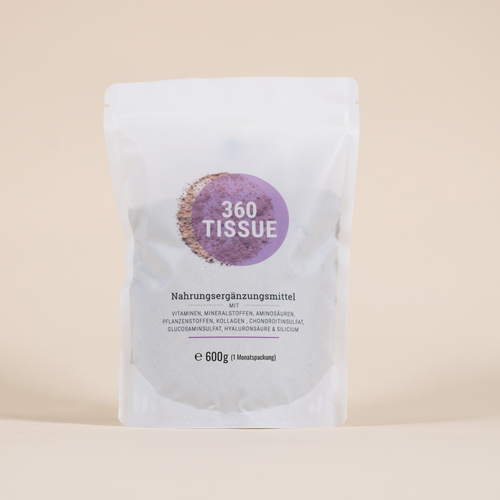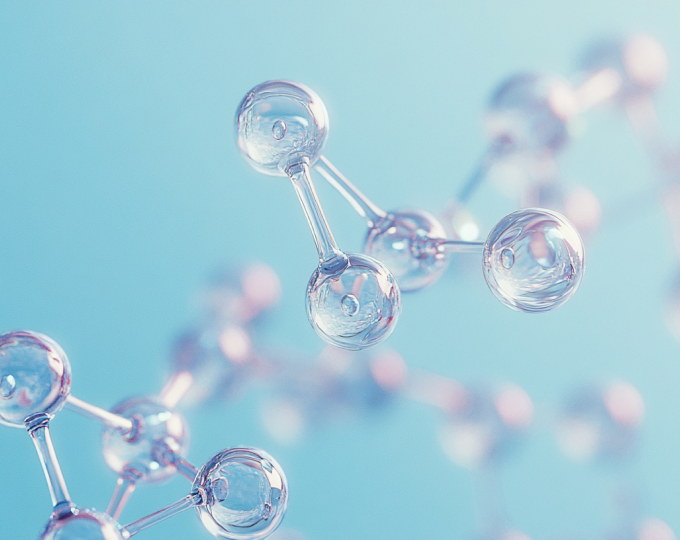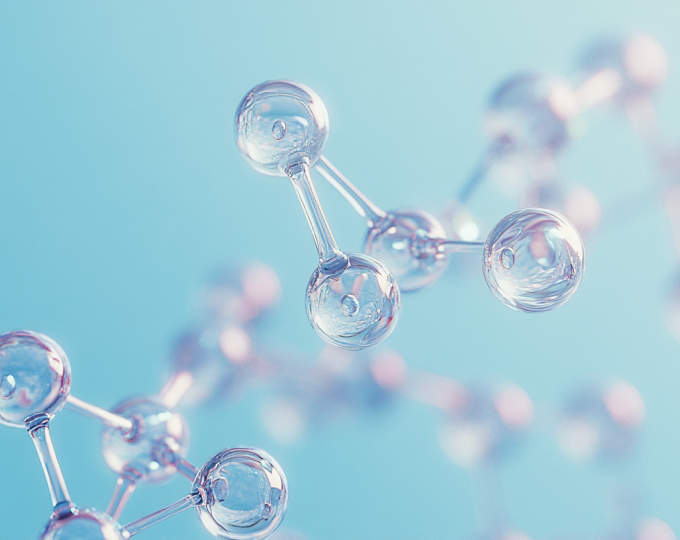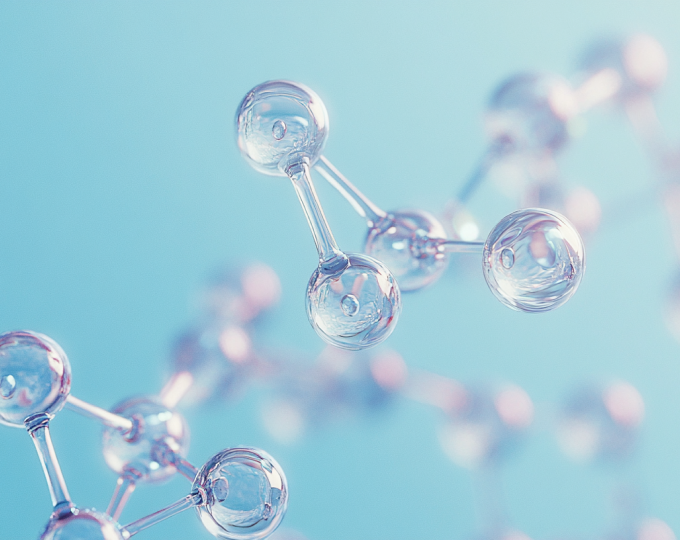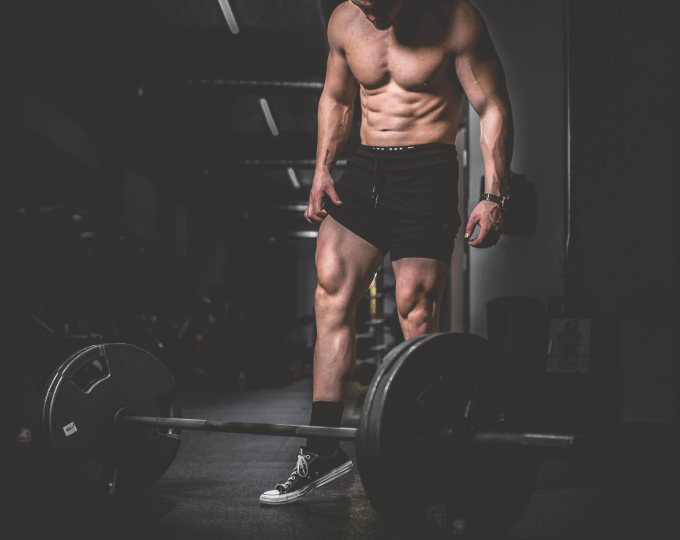Themen dieses Blogartikels:
What is Valine?
Valine is an essential amino acid. This means that it must be obtained from food. Valine is also a branched chain amino acid (BCAA).
What are the functions of Valine?
Valine is a proteinogenic and glucogenic amino acid. This means that valine is necessary for protein synthesis and can also be introduced into the citrate cycle to generate energy. The branched-chain amino acids, to which valine belongs, contribute to the nutrition of the muscle during exertion or periods of fasting1. The proportion of valine is particularly high in the muscles. This is why BCAAs are often advertised as supplements for competitive athletes. EAAs (essential amino acids) have proven to be better here, as they contain all essential amino acids, not just three2. Valine may also promote the release of the growth hormone somatotropin3. Valine is also one of the starting materials for glutamate synthesis in the central nervous system.
What makes Valine unique?
Valine has one branch and is therefore different from many other amino acids. The fact that valine is predominantly found in muscle results in functions for the muscles. Valine also has an effect on insulin levels. It increases insulin secretion so that more glucose can enter the cells, including muscle cells.4
How much Valine do you need per day?
There is currently no recommendation from the German Nutrition Society (DGE) regarding the daily intake of the amino acid valine. An adult probably needs 26 mg of valine per kilogram of body weight per day.6
When do you need Valine most?
Valine is important for the body and muscle maintenance, especially for athletes and during periods of fasting.5
How does an Valine deficiency develop and how does it manifest itself?
A deficiency of BCAA's such as valine is rather rare. It mainly affects people with an increased requirement, such as athletes: they need valine to supply their muscles with energy during training. A vitamin deficiency can also lead to a valine deficiency. This is because vitamins B5 and B6 are also needed to supply the muscles. If they are not present in sufficient quantities, more valine is used to compensate for the undersupply - this can ultimately lead to a valine deficiency. This manifests itself, for example, in disorders of insulin production, fluctuations in blood sugar levels or high blood pressure.7
What happens if there is an overdose of Valine?
According to the Federal Institute for Risk Assessment (BfR), you should take a maximum of 2 g of valine per day in the form of food supplements. An overdose can lead to kidney problems, headaches, dizziness, nausea and vomiting.8
Which foods are particularly high in Valine?
Valine is found particularly in pulses, cereals and meat, such as beef or poultry. Salmon and nuts also contain a considerable amount of valine. Valine is always protein-bound in food, so it does not occur freely.
This dictionary entry is based on carefully researched sources:
Bibliography & Sources
- https://flexikon.doccheck.com/de/Verzweigtkettige_Aminos%C3%A4ure
- https://www.futter.de/essentielle-aminosaeuren/
- https://www.vitalstoff-lexikon.de/Aminosaeuren/Valin/funktionen
- https://www.vitalstoff-lexikon.de/Aminosaeuren/Valin/funktionen
- https://www.gesundheits-lexikon.com/Sport/leistungssport-Vitalstoffbedarf/leistungssport-Aminosaeuren-incl-BCAA
- https://www.naehrwertrechner.de/aminosaeuren-bedarf/eval/
- https://www.rathaus-apotheke-bargteheide.de/gesundheitsbibliothek/index/bcaa/
- https://www.bfr.bund.de/cm/343/futtersergaenzmittel-isolierte-verzweigtkettige-aminosaeuren-koennen-bei-hoher-aufnahme-die-gesundheit-beeintraechtigen.pdf








